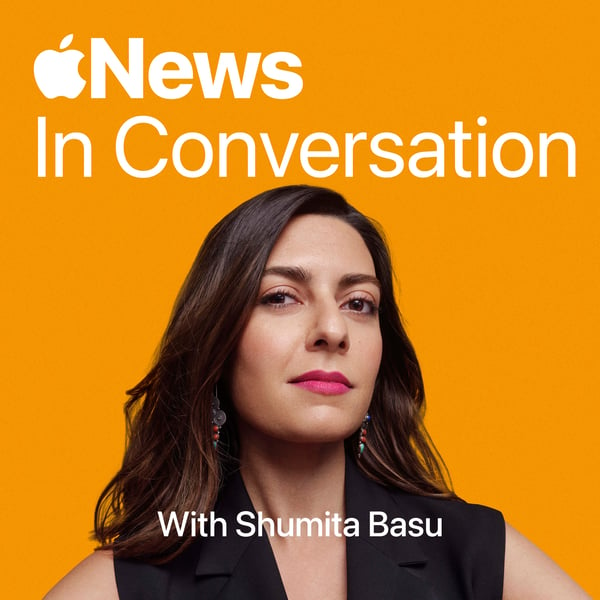A growing scientific field saves lives. It’s also rife with controversy.
Apple News In Conversation
Apple News
4.6 • 1.3K Ratings
🗓️ 3 December 2022
⏱️ 20 minutes
🧾️ Download transcript
Summary
Cellular biology has already transformed medicine. It’s the science behind treatments like blood transfusions, in vitro fertilization (IVF), and chemotherapy. But as the field continues to develop, it keeps pushing up against one question: What’s a disease — and what’s a desire? In his new book, The Song of the Cell: An Exploration of Medicine and the New Human, Pulitzer Prize–winning author and cancer researcher Siddhartha Mukherjee takes a deep dive into the perils and potential of advancing cellular science. Below are excerpts from his interview with Apple News In Conversation host Shumita Basu.
Transcript
Click on a timestamp to play from that location
| 0:00.0 | Grief is one of the most universal of human experiences and yet we don't talk |
| 0:08.1 | about it very much. Instead we're often left feeling alone with our sadness. That's why CNN's Anderson Cooper |
| 0:16.2 | is choosing to talk about grief, be direct with it in his new podcast. He talks with people |
| 0:21.7 | about those they've lost, the things they've left behind, and how we can coexist with loss, with love and with laughter. |
| 0:29.0 | Listen to all there is with Anderson Cooper on Apple Podcasts. |
| 0:38.3 | This is in conversation from Apple News. |
| 0:41.8 | I'm Shimita Bassasu. Today, how our understanding of cell biology is |
| 0:47.6 | redefining what it is to be human. |
| 1:07.0 | In 2010, six-year-old Emily Whitehead was diagnosed with A-L-L-L-A-L-A-L-E acute lymphoblastic leukemia. It's a blood cancer. It's extraordinarily aggressive, one of the most aggressive cancers that we know. |
| 1:12.0 | Siddhartha Mukerjee is a cancer physician |
| 1:14.7 | and researcher at Columbia University. |
| 1:17.3 | He's been following Emily's story for years. |
| 1:21.0 | A-L-L is the most common childhood cancer. Treatment involves about two years of an extremely |
| 1:27.6 | aggressive chemo regimen. 90% of pediatric patients with ALL end up being cured. |
| 1:34.6 | Emily, unfortunately, was not in the percentage that was cured by standard chemotherapy |
| 1:39.9 | she went through. |
| 1:41.1 | Second line was not cured, and then she relapsed again and that is or was |
| 1:47.6 | absolutely deadly. The chances of anyone surviving relapsed refractory, ELL was basically zero. |
| 1:54.5 | So Emily ended up being enrolled in a clinical trial |
| 1:58.5 | at the Children's Hospital of Philadelphia. |
| 2:00.8 | In this trial, Emily's own T cells were extracted, modified to recognize and |
| 2:07.5 | kill her cancer using gene therapy and then put back into her body. |
... |
Please login to see the full transcript.
Disclaimer: The podcast and artwork embedded on this page are from Apple News, and are the property of its owner and not affiliated with or endorsed by Tapesearch.
Generated transcripts are the property of Apple News and are distributed freely under the Fair Use doctrine. Transcripts generated by Tapesearch are not guaranteed to be accurate.
Copyright © Tapesearch 2025.

